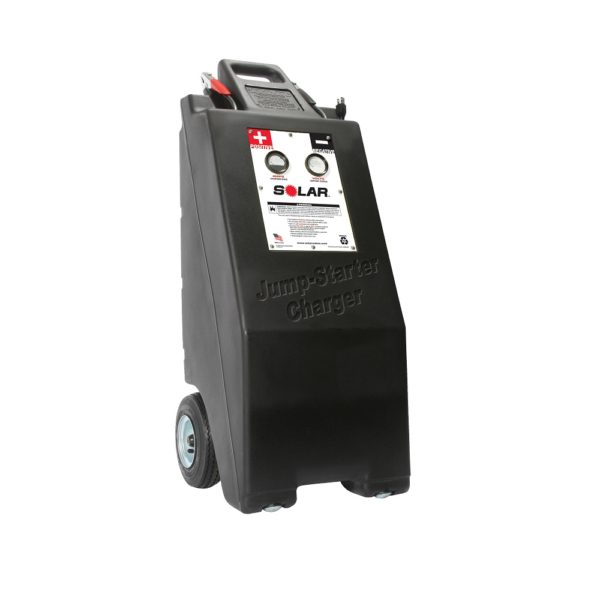When taking a long trip in a large, heavy vehicle like an RV, semi-truck, or bus, preparation is key for a smooth and safe journey. Having the proper supplies and equipment can make all the difference on the open road. The following are just some of the essentials drivers should have when traveling long distances across states, regions, or even cross-country in heavyweight transport.
Engine Boosting Gear
Getting stranded with a vehicle that doesn’t start proves more than inconvenient mid-excursion. The experts at Clore Automotive suggest having a 24v jump starter if driving larger trucks, RVs, and transports better than standard boosting equipment designed for smaller cars. These heavy-duty portable battery chargers plug directly into the chassis to revive a dead battery. Compact models fit easily bring powered starting assurance everywhere major breakdowns threaten progress.
Food and Water
Stocking snacks, meals, and beverages tops the checklist for lengthy hauls. Since options become limited in remote areas, packing non-perishable foods that won’t expire over days or weeks of travel helps. Canned goods, protein bars, jerky, nuts, dried fruit, peanut butter, granola, and powdered drink mix provide light sustenance for the ride. Bring a small cooler, electric kettle, plates, cutlery, cups, and a manual can opener (don’t forget 1-2 gallons per person of bottled water stored safely to stay hydrated).
Clothing and Footwear
Prepare for diverse weather and road conditions by packing layers of shirts, pants, socks, jackets, hats, gloves, and sturdy close-toed shoes. Temperatures and terrain can vary widely across regions, so adjustable outfits make adapting easier. Have clothes for hot desert drives, mountain passes with possible rain or snow, and chilly northern routes. Pack items able to withstand bathroom sinks for washing too.
Sleeping Equipment
Long hours on the road necessitate proper rest. Have hand pillows, blankets, a sleeping bag, or bed roll per occupant to nap during stops. Eye masks and ear plugs also aid sleep. For overnight hotel stays, call ahead to reserve rooms near planned fuel fill-ups and rest areas. For extreme budget travel or impromptu breakdown stops, a vehicle mattress would be beneficial.
Emergency Gear
Carrying certain equipment can prove invaluable if vehicles experience mechanical problems or accidents in isolated locales. Must-have basics include a fully charged mobile phone to call for assistance, paper maps in case GPS fails, flares or roadside safety triangles to alert other drivers, first aid kit, fire extinguisher, flashlight, batteries, battery powered radio to check weather advisories, duct tape, bungie cords, gloves, and basic tools like pliers, screwdrivers, wrenches, and jumper cables.
Navigation Aids
Navigating unfamiliar terrain risks getting turned around, even with modern conveniences like GPS and smartphones. Have an old-fashioned paper atlas on board mapping all points of a journey’s path. Truckers rely on them as backup navigation references. Ensure any electronic devices stay fully functional with chargers, batteries, adapters, and solar charger options. Update maps apps and software before departing also.
Protection from Elements
Driving large recreational vehicles and commercial trucks leaves occupants exposed to outdoor conditions. Pack protection against the sun, wind, rain, sleet, and cold. Hats, sunglasses, scarves, gloves, heavy-duty windshield wipers, and UV filtering sunshades minimize hazardous weather impacts making the ride safer and more bearable. Emergency thermal blankets, collapsible shovel and traction boards prepare for snowstorms in winter.
Conclusion
With the right equipment and supplies on board for myriad situations, long hauls pass more smoothly allowing you to handle diverse conditions confidently. Advanced preparation provides security for transporting groups long distance and equips you to handle any challenge solo journeys across the continent throw your way. Pack smart, drive safely, and relish the freedom of the open roadway.

